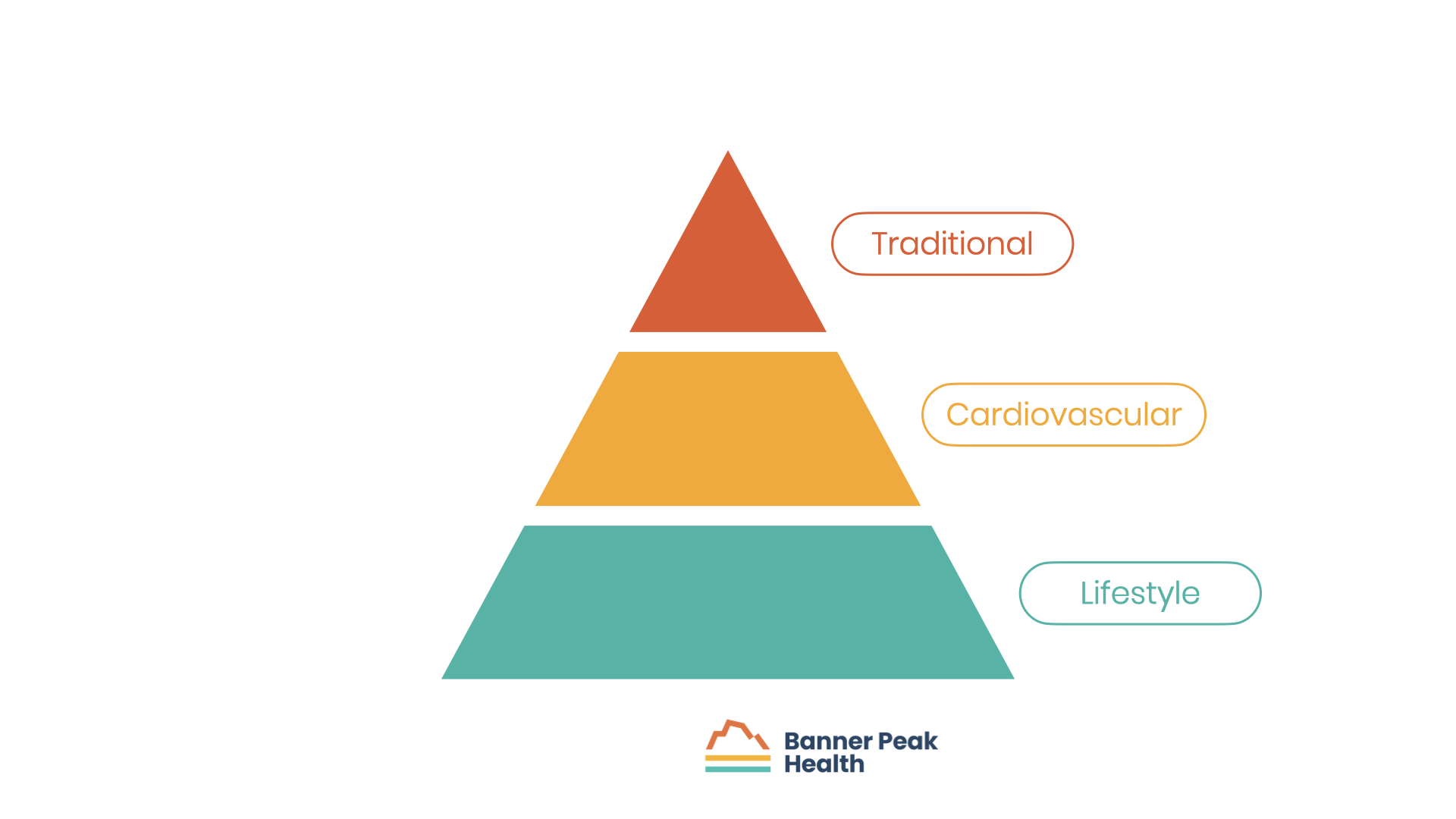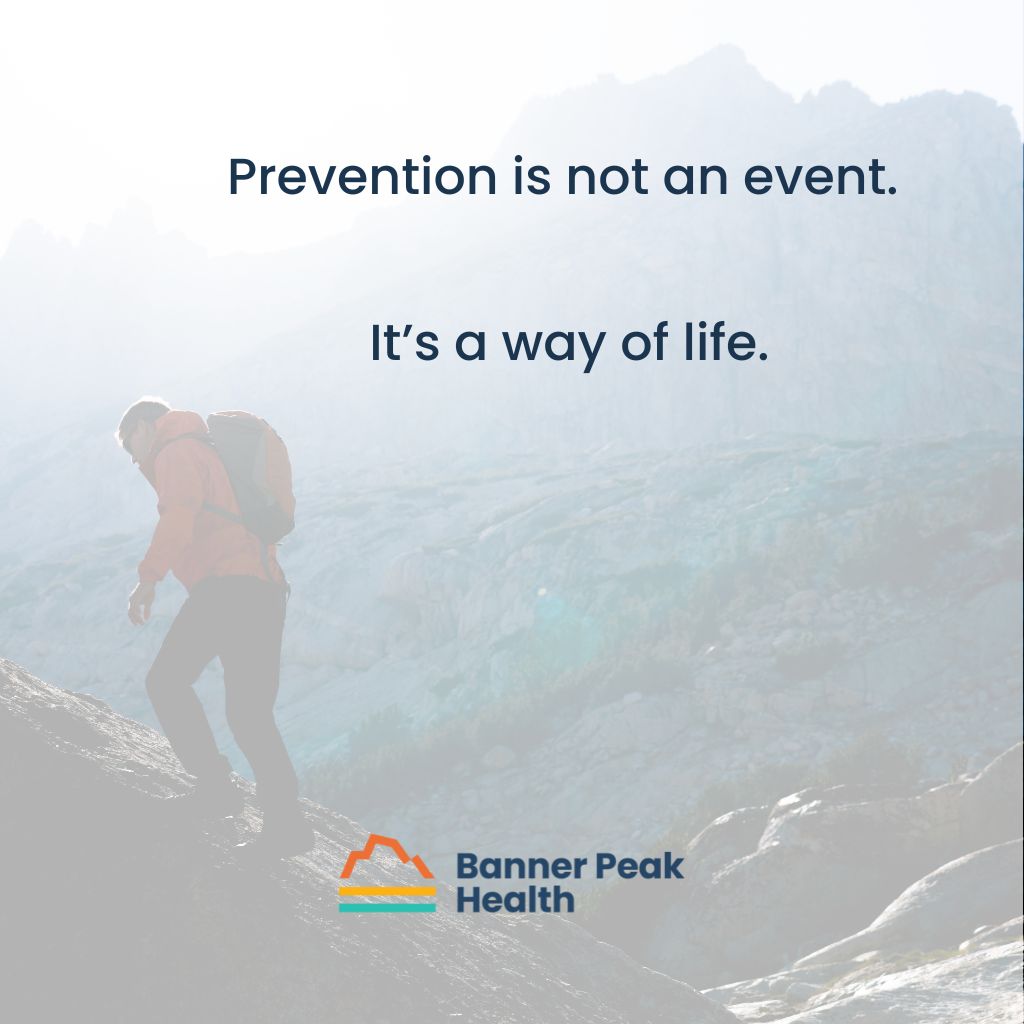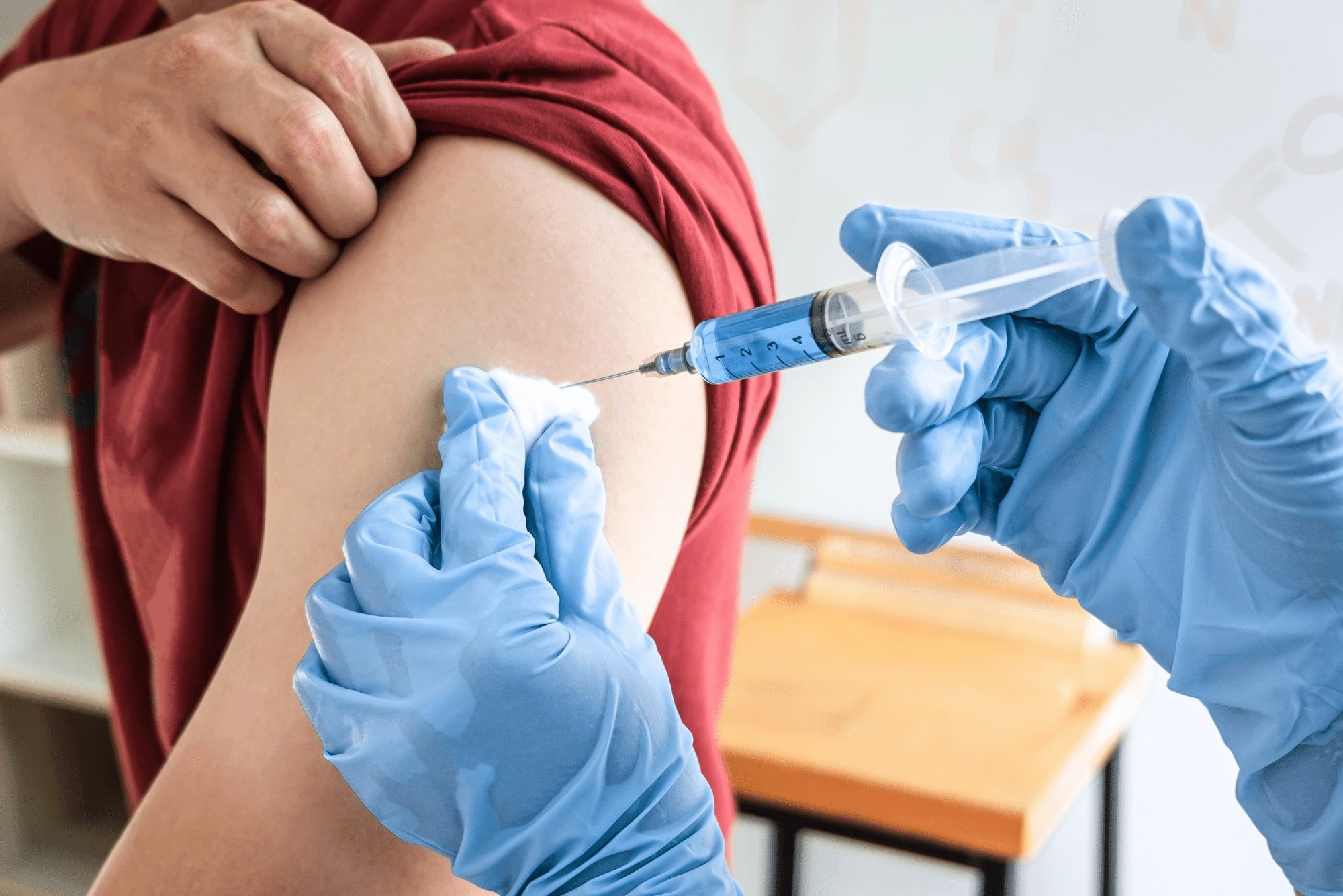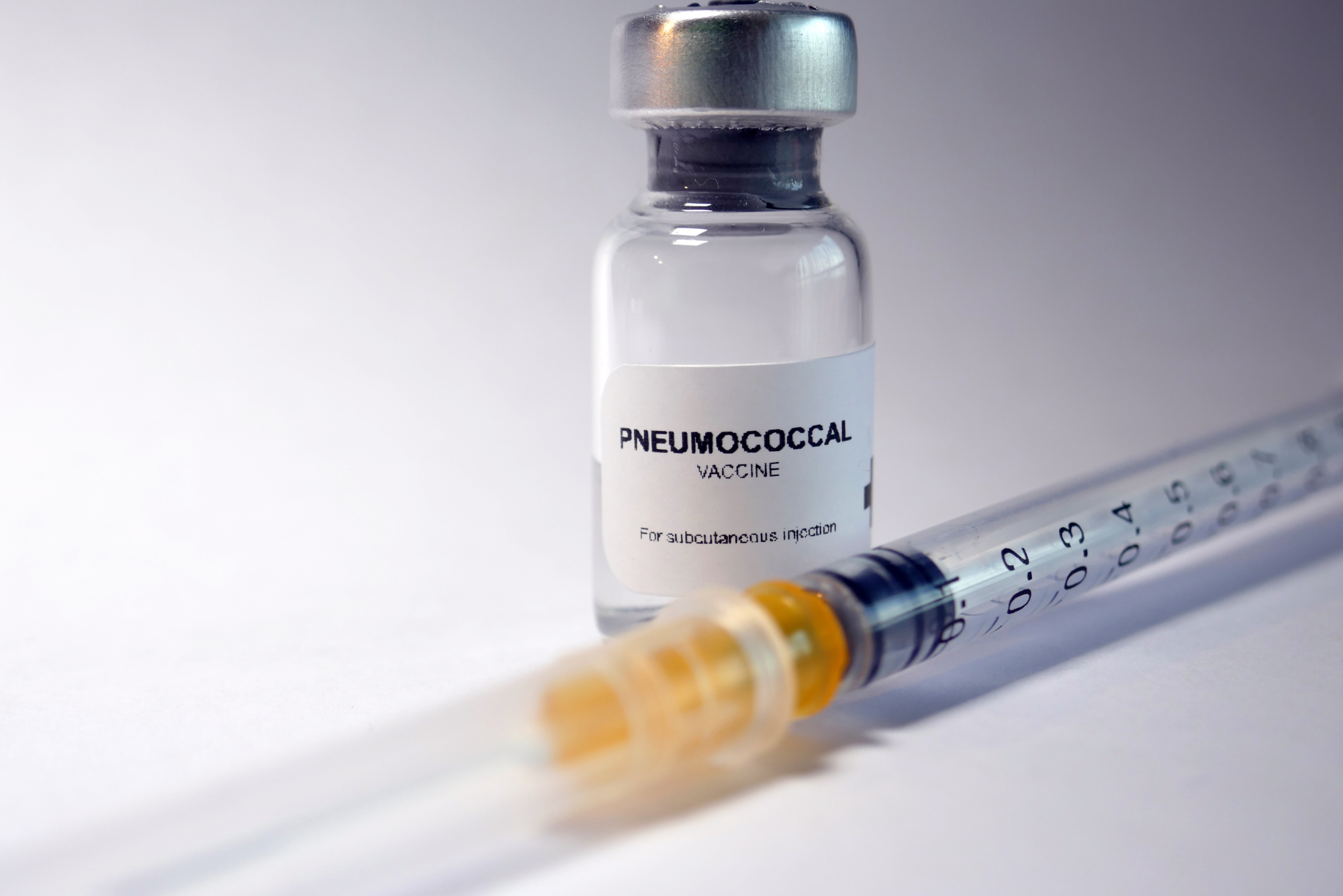I’ve heard people proudly declare that they haven’t seen a doctor in two years, five years, even seven years. Implicit in this is the notion that the less time you spend with a doctor, the healthier you are.
I vehemently disagree with this philosophy.
In fact, when I meet people who boast this, my retort is, “Do you ever change the oil in your car?”
If you go too long without an oil change, it can lead to a complete engine shutdown that destroys your car engine. Clearly, the human body is infinitely more complex than an automobile, and just like getting an oil change, we need to be proactive in building and maintaining our health.
Silently Saving Lives: Why Preventative Care Is Important
I feel prevention and the role it plays in our current healthcare system is similar to a forgotten hero.
Everyone identifies the surgeon as a life-saving hero when he removes an inflamed appendix — but the primary care physician who spends years caring for a large panel of patients, working diligently to help them stop smoking, lose weight, and treat diabetes, may not get the recognition he deserves.
That physician’s careful, diligent work saves lives, too, probably dozens, by minimizing the risks of cardiovascular disease. But he and his patients will never know which individual lives were saved.
In order of magnitude, the health benefit of this form of care may be much greater than that of a surgeon who saves one life at a time. That isn’t to belittle the surgeon’s contribution, but to emphasize the value and importance of preventative healthcare, even though it may be hidden.
Our current fee-for-service healthcare model encourages a triage-based system where doctors are stuck having to push prevention to the bottom of the priority list. Many people can’t fully benefit from preventative healthcare in this type of system.
What Is Preventative Care?
I believe preventative care goes fundamentally much deeper than people realize. Most people are familiar with what I refer to as traditional preventative care: mammograms, pap smears, colonoscopies, chest CT scans, and prostate cancer screening. These are the visible, medicalized forms of preventative care.
These, I believe, make up only the small tip of the pyramid.
At its most essential, preventative care simply refers to the efforts we make to prevent disease and illness. Prevention isn’t just what you do in a medical environment once a year. It’s how you live your life every single day.
The Peak of Prevention
When I think of preventative care, I think of a pyramid. I call this pyramid the Peak of Prevention, and it has three levels of preventative care: Traditional, Cardiovascular, and Lifestyle. Each level relates to a progressively deeper, more time-consuming commitment to your health and to disease prevention.
The first level of the pyramid is the Traditional level.
Most people have access to and are familiar with this level of preventative care. As I mentioned before, it includes mammograms, prostate cancer screenings, pap smears, and colonoscopies.
The second level is the Cardiovascular level.
You may have heard about some of the preventative care performed at this level, like something to do with cholesterol or blood pressure. But testing isn’t routine, and prevention requires more commitment. If we want to, we can drill down and look at specific risk factors, order detailed lipid testing, and explore different heritable traits.
At the Cardiovascular level, we can go deeper than you’ve probably ever gone in the care of previous doctors. This is where I’ll tell you, “You’re here to let me help you prevent bad things, and that’s the work we’ll do together.”
I may also warn you, as I do with all new patients, that I may very well make you work harder than your other doctors have. I do this because prevention is an investment in time — but it’s an investment you’re making to reduce problems down the line.
Finally, the foundation of the pyramid — the Lifestyle level — is the bedrock on which everything rests.
It’s an area you may not have explored in great detail with any prior doctors, and a lot of it has to do with how we live our lives day to day.

A very important part of the foundation is the quality and quantity of our sleep. I often joke that in my business: all roads lead to Rome, and Rome is sleep.
Another part is eating: how we eat, what we eat, etc. Eating expands into the topic of exercise, aerobic capacity, strength training, and preserving muscle mass as we age.
Finally, we’ll discuss stress and how we can cope with it. We’re all aware of our metaphorical stress inbox, but are we aware of and making proper use of our stress outbox?
Understanding and building a healthy relationship with the Peak of Prevention is crucial to long-term health and wellness. It’s the core of the work I do with all my patients.
Recognize the Importance of Preventative Care and Invest in Yourself
The real foundation of preventative care is a conceptual shift that responsibility for that care belongs to the individual rather than the healthcare system. It requires self-education, ownership, and commitment.
For anything to have value, you need to own it and invest in it. You have to invest in yourself.
The key to successful prevention is understanding that it’s a mindset. If you want to receive from your body, you have to give to your body. This becomes truer with each passing year.
Prevention, like life, is a marathon, not a sprint. It’s not an event — it’s a way of life.

Barry Rotman, MD
For over 30 years in medicine, Dr. Rotman has dedicated himself to excellence. With patients’ health as his top priority, he opened his own concierge medical practice in 2007 to practice medicine in a way that lets him truly serve their best interests.




